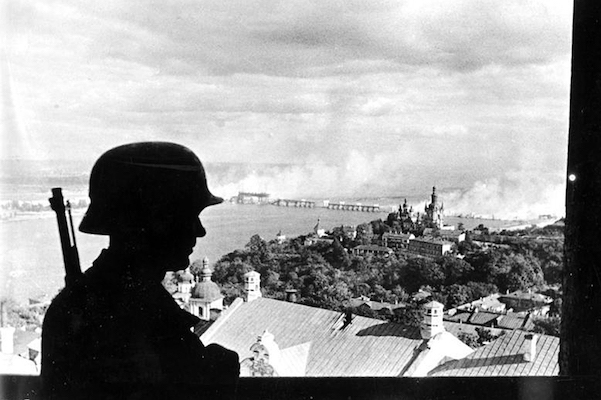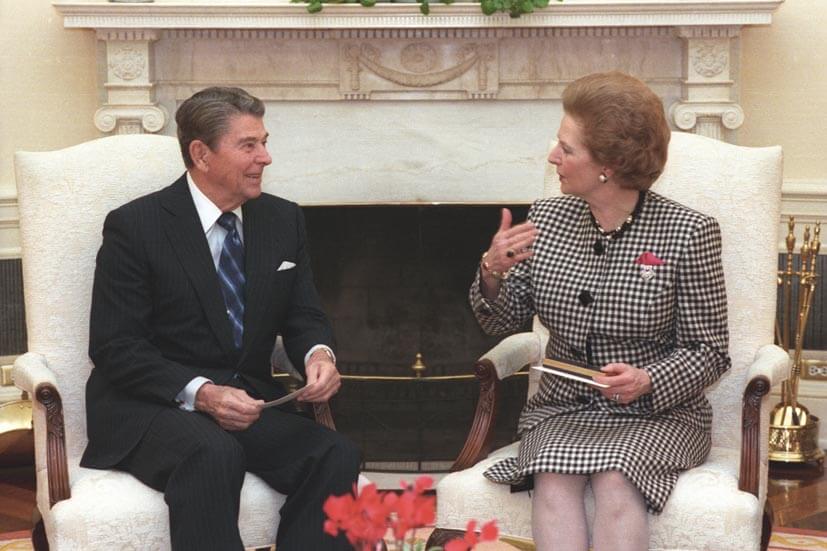By Branko Milanovic
Living in a post-modern city like New York has many advantages but some disadvantages too. Among the latter is the absence of bookstores. (Practically, the only bookstore that I go to in the midtown Manhattan is owned by Kinokuniya, a Japanese company, and it carries some 90% of Japanese books whether in Japanese or in English by Japanese authors. So it is hardly representative of what people in New York read.)
At first, it does not seem to matter much because you can order many more books on Amazon. But the disadvantage is that you have no idea what is the Zeitgeist. Sure, you can consult the New York Times bestseller list. But this is not an intellectual Zeitgeist: it is the Zeitgeist of soap-opera readers. Or alternatively, you can check the Amazon sales author-by-author, book-by-book. But then who has the time to do this, or who can remember all the authors to check and compare against each other?
I was thus happy to discover that London has (yet) not dispensed with having bookstores. They still carry lots of books, of various genres and at least on this Saturday, the bookstores were full of people checking them out and buying them.
As I more closely looked at the books displayed, I noticed a peculiarity. Almost all books (I would rather say “all” but prefer to be cautious) on the French, Russian and Chinese revolutions were not only critical of the revolutions, focused on the destruction they wreaked, but were exposés of their leaders, of their murderous natures and sexual perversions. Robespierre is a green-spectacled misanthrope who never had sex; Lenin hated people and loved only his mistress; Stalin was not only a mass murderer but also a serial Georgian (thus, swarthy, dark and hairy) sexual predator; Mao was an obsessive, maniacal murderer who enjoyed deflowering young girls.
It was a weird feeling. The writers who seemed to belong to the tabloid school of journalism rather than to be historians, reacted, I suppose, to the deification of these leaders by their followers, by trying to do the reverse. For the same reason that when one wants to disparage Christianity, Buddhism or Islam, one brings up some unsavoury details from Jesus’s, Buddha’s, or Mohamed’s lives, these writers felt the need to do the same with revolutionary leaders. Paradoxically, they were thus doing nothing better than their antagonists who deified the founders of the secular religions. One group represented them as superhuman, another group wanted to bring them down, not only to the earth, but into the mud. Neither paid much attention whether such one-sided, and, in one case, hagiographic, and in the other case, ill-willed, picture was true. Or whether it was complete.
But what I thought these tabloid historians (many of whom teach at the most prestigious universities) miss out is that it is impossible to explain a movement, whether it is “good” or “bad”, by the personal virtues or vices of their leaders, or by whether they were born rich or poor, in a small or big family. I was told that Germany was recently transfixed by several months of debates about Hitler’s testicles (whether there is a plural or singular there). Does this tell us anything about the Nazi ideology, movement, its rise and fall? Similarly, do sexual habits of Lenin, Stalin, Mao, or to take also Roosevelt and JFK tell us anything about why people supported and followed them? Or about the policies and choices they made?
I think it is an unfortunate development which is destructive of serious scholarship and reflects the predominantly tabloid culture of today: all actions ought to be explained or reduced to sex and money; and, among those who “suffer”, explained by fear. No room is left for economic interests of the classes, ideology and beliefs, emulation or self-abnegation.
It could be that these “histories” are not really histories of the past but rather histories of the time when they are written, that is of today. At the time where there are no beliefs and everything is individualized and commercialized, all history needs to be explained as having been the product of crass self-interest of few individuals. In the past these few individuals used to be Jews or Masons; nowadays, they are fanatical and sexually perverted revolutionaries.
How these individuals managed to convince millions to follow them, or how, more accurately, the millions found them to make them their champions and leaders, is ignored and left unexplained. Moreover, the explanation is consider superfluous. We go back to a view of history where there are no social forces, no classes, but only individuals: leaders and those being led, the lions and the sheep in Pareto’s terminology.
So perhaps that after all we really do have the historians we deserve.











